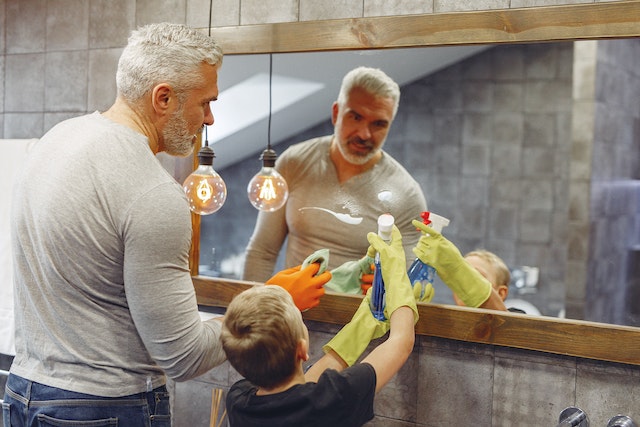Managing violent behavior in children can be a challenging and overwhelming experience for parents and caregivers.
It is crucial to understand that violence is not a natural behavior in children and that there may be underlying factors causing the behavior.
In this article, we will discuss some strategies for managing violent children.
Understand the Root Causes
Before developing a plan to manage violent behavior in children, it is essential to understand the underlying causes.
Some of the most common reasons for violent behavior in children include:
Exposure to violence or abuse
Trauma or neglect
Mental health conditions such as ADHD, depression, or anxiety Behavioral disorders such as oppositional defiant disorder (ODD) or conduct disorder (CD)
Lack of social skills or problem-solving skills
Create a Safe Environment
The safety of the child and others must be the top priority when managing violent behavior.
This may mean removing dangerous objects, ensuring there is adequate supervision, and creating a calm and secure environment.
For example, it may be helpful to create a designated “cooling-off” area in the house where the child can go when feeling angry or upset.
Teach Coping Strategies
Children who engage in violent behavior may not have developed adequate coping strategies to manage their emotions.
It is essential to teach them positive ways to manage their feelings, such as deep breathing exercises, visualization techniques, or taking a break to calm down.
Set Limits and Boundaries
It is essential to set limits and boundaries for the child’s behavior.
This can include clear expectations for acceptable behavior and consequences for violating these expectations.
However, it is important to use positive reinforcement for good behavior and avoid using physical punishment.
Seek Professional Help
In some cases, managing violent behavior in children may require the help of a mental health professional.
This may include counseling or therapy to address underlying mental health conditions or behavioral disorders.
It is important to seek help from a qualified professional who has experience working with violent children.
Conclusion
Managing violent behavior in children can be a challenging and emotional experience.
It is essential to understand the underlying causes and create a safe environment for the child.
Teaching coping strategies and setting clear boundaries can help manage the behavior, but seeking professional help may be necessary in some cases.
Remember to approach the situation with patience and understanding, and prioritize the safety and well-being of the child and those around them.
![]()











